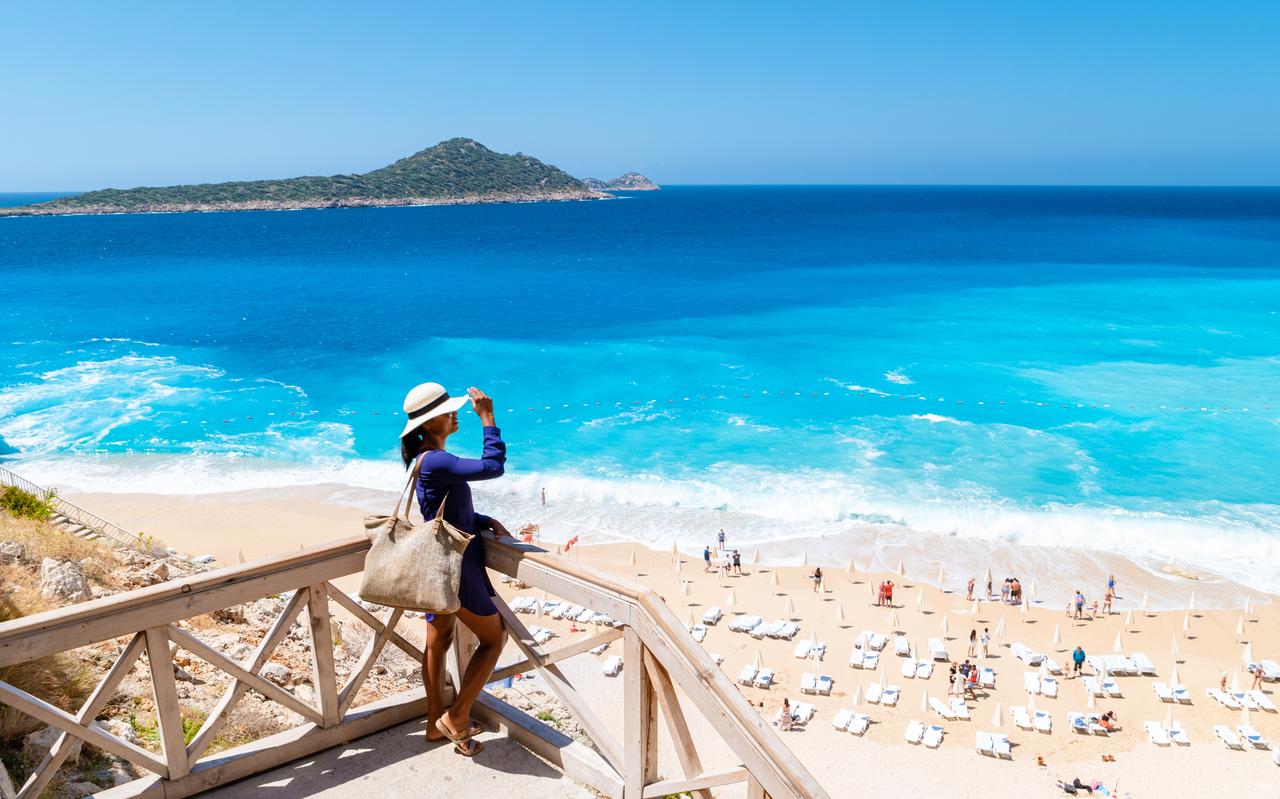
German discount retailer Aldi has launched an eye-catching travel deal: five-star hotel accommodation in Antalya, Türkiye, with half-board and round-trip flights, for just €199—approximately $230. The offer, aimed at European tourists, has gone viral on Turkish social media, with many citizens asking: "How can foreign tourists vacation in our country cheaper than we can?"
According to Fulya Soybas from Hurriyet, this isn’t the first time such deals have surfaced. In a similar case three years ago, German supermarket Lidl sold an all-inclusive 22-day Türkiye holiday for two people—flights included—for only €599.
The fine print reveals Aldi’s $230 offer is a strategic off-season campaign. First, the price is per person, not per room. Second, it applies only to early 2026, specifically January stays. Prices rise to between €250 and €350 between late November 2025 and March 2026.
Searching for a stay from Nov. 25 to Dec. 2, 2025, the price varies depending on the departure airport in Germany—Cologne, Munich, or Dusseldorf. From Cologne, the per-person price is €326, meaning a two-person stay costs around €650.
Calling the hotel listed in Aldi's promotion for the same dates as a Turkish tourist led to a dead end. The hotel is closed to domestic guests in late November and winter months, suggesting it operates only for international visitors during the off-season.
The last available booking for Turkish guests was Nov. 3-9. For those dates, the total price for two people in a premium all-inclusive package was ₺142,800. With direct booking discounts, it dropped to ₺78,540. Compared to the foreign tourist’s rate of $750 just 20 days later, that’s a 161% price difference.
Checking a similar hotel for Nov. 25–Dec. 2 as a Turkish resident, the best online rates range from ₺35,000 to ₺41,000 for two people. Crucially, those rates exclude any transportation costs—unlike the foreign packages that include round-trip flights.
Why such a dramatic difference? Cem Polatoglu, spokesperson for the Tour Operators Platform, explains the economic strategy: “Restarting a hotel after it’s shut down for winter is costly—experienced staff leave, rehiring is difficult, and operations need time to stabilize.”
“Hotels prefer to stay ‘warm,’ meaning they stay open during the low season, even if rooms are sold at cost. Since local Turkish tourists don't usually holiday in winter, foreign retirees fill the gap,” Polatoglu adds. “Foreign guests also spend money outside the hotel—on gold, leather, carpets, excursions, and restaurants—which boosts the local economy.”
These campaigns are often supported by hotels, airlines, and local businesses. While Turkish tourists are right to complain about the price difference, operators cannot expect the same spending levels from domestic guests.
Türkiye Travel Agencies Association (TURSAB) Chairman Firuz Baglikaya echoes the commercial reality of tourism. “This is a business,” he says. “Hotels allocate far more rooms to foreign markets. If you have 400 rooms, you might assign 300 to international guests—divided among Germans, Russians, Brits, etc.—to diversify risk.”
The remaining 100 rooms are distributed to local tour operators under contracts that guarantee a certain occupancy level and price. “The Turkish domestic season is very short—from late June to early September—so our high season coincides with Europe's low season. That’s why prices for Turks are higher,” Baglikaya explains.
Another factor is the “exclusive agent” model. When only one agency gets the rights to sell a product others could offer, it gains market control and higher margins, driving up domestic costs.